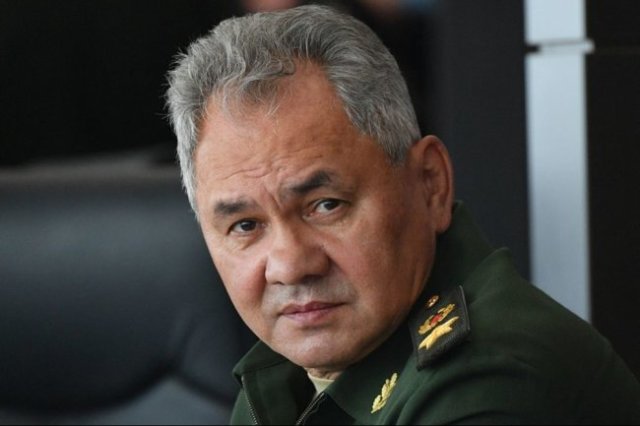On Friday, February 18, telephone conversations were held between the head of the Russian military Department, Army General Sergei Shoigu, and United States Secretary of Defense Lloyd Austin.
Details of their dialogue are not disclosed. Our military department only informed that the ministers discussed topical issues of international security, "of mutual interest." Earlier, the Russian Defense Ministry reported that the Americans initiated these negotiations.
Recall that the previous time the defense ministers of the two countries spoke by phone on February 12. A day earlier, the Chief of the General Staff of the Armed Forces of the Russian Federation, First Deputy Minister of Defense of Russia, General of the Army Valery Gerasimov, had a telephone conversation with the chairman of the Committee of Chiefs of Staff of the US Armed Forces, General Mark Milli.
The closed mode of such negotiations has long been a well-known and characteristic international practice for such contacts. But there are exceptions in it, too. For example, a few days ago Sergei Shoigu met in Moscow with his British counterpart Ben Wallace, and much of what they talked about was made public.
In particular, Shoigu described the current military-political situation in Europe as tense. "And far from our fault. We do not quite and do not always understand the reasons for the escalation of this tension. But, nevertheless, we see that it is growing," the Russian minister told his colleague at the time.
Unfortunately, the situation has not improved in the days since then. In the West, information hysteria about Russia's allegedly impending invasion of Ukraine is still not subsiding. Moscow's assurances that no one is going to do this are not taken into account. Even the withdrawal of our troops to places of permanent deployment, which began after the exercises, could not reduce the intensity of tension.
After Friday's talks between Shoigu and Austin, the Pentagon reported that the US Secretary of Defense again called on Russia to remove troops from the borders with Ukraine. That is, they don't hear Moscow across the ocean, or rather, they don't want to hear it.
Yuri Gavrilov

